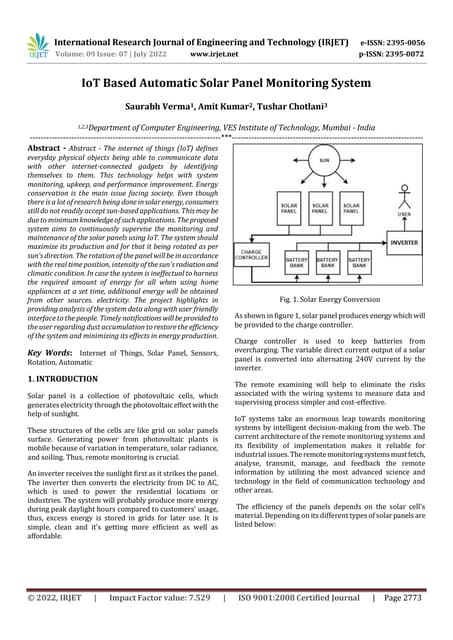Figure 8 from Design and Implementation of an IoT Based Solar Power Circuit Diagram The cost of IoT solar energy solutions varies based on system size, sensors, and features. The development of a basic solar panel monitoring software system may start at $20,000, while advanced IoT-based solar power monitoring systems for large-scale projects may cost around $200,000 or more, depending on the functionalities needed.

cleaning and tracking system to possess solar systems energy more viable, the efficiency of solar panel systems should be maximized by follow the sun radiations using sun-tracking systems. Our studies target controls of the electrical device movement towards the direction of the sun radiation. Our project deals with the design and construction

Design of Solar Panel Monitoring System Using ESP32& IOT Circuit Diagram
In this project, we will be making an IoT-based Solar Power Monitoring System by incorporating the MPPT (Maximum Power Point Tracker)-based battery charging technique, which will help to reduce charging time and improve efficiency. Also, we will measure the panel temperature, output voltage, and current to improve the safety aspect of the circuit. Increased Solar Efficiency: Solar panels follow the sun's path for optimal exposure. Real-time Weather Monitoring: Get live updates on the environmental conditions affecting your solar system. Educational Experience: This project offers an opportunity to learn about solar energy, electronics, and IoT integration.

Overview. In this project we will develop an IoT Based Solar Power Monitoring System using ESP32 WiFi Module.The ESP32 connects to the WiFi Network and uploads the Solar Sensing parameters like Solar Panel Voltage, Temperature, and Light Intensity on Thingspeak Server.. Solar power plants need Solar Panel Monitoring for optimum power output. Solar energy is the future of the energy industry.

IoT Solar Power Monitoring Boosts Solar Efficiency Circuit Diagram
An IoT-Based Solar Power Monitoring System integrates solar panels, sensors, data gateways, cloud platforms, and user dashboards. This technology enables constant tracking and analysis of parameters such as solar irradiance, panel temperature, inverter performance, energy output, and system voltage. In a nutshell, IoT makes things quite smart and user-friendly, utilizing cloud platforms and a protocol stack, allowing the solar photovoltaic system to gather, monitor, and exchange real-time data. IoT-based solar panel tracking is made for online simulation and performance improvement. The technologies in agriculture are booming!

The passively controlled solar tracker contains no sensors or actuators but changes its position based on heat from the Sun. By using gas with a low boiling point in a container mounted on hinges at its middle, similar to a see-saw, the solar panel can change its position based on the direction of heat from the Sun. The IoT-enabled monitoring system allows for remote tracking, fault detection, and performance optimization. A Guide To IoT-Based Solar Power Production Monitoring. How does IoT technology impact the overall efficiency of solar panels? IoT technology significantly enhances the efficiency of solar panels. By continuously monitoring
